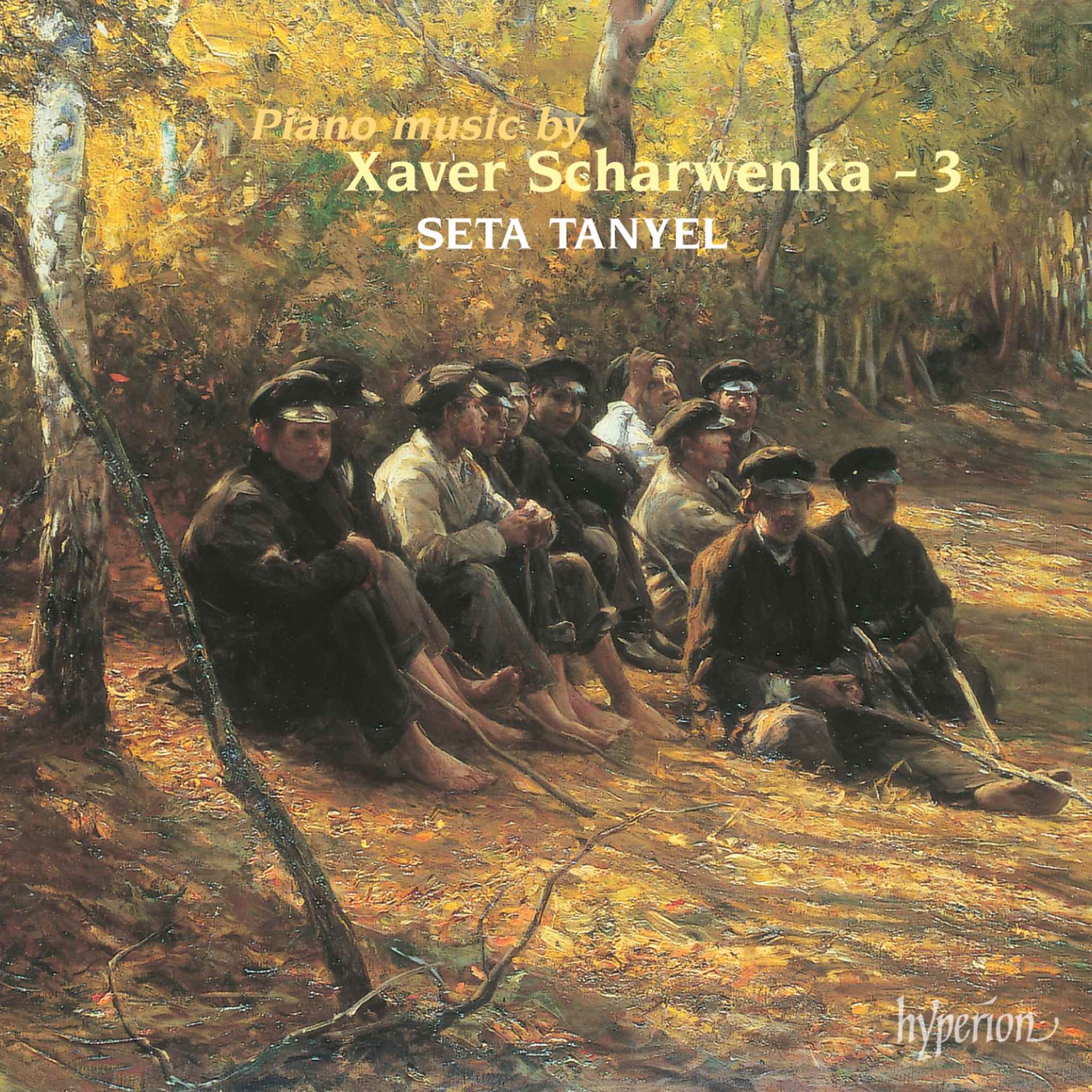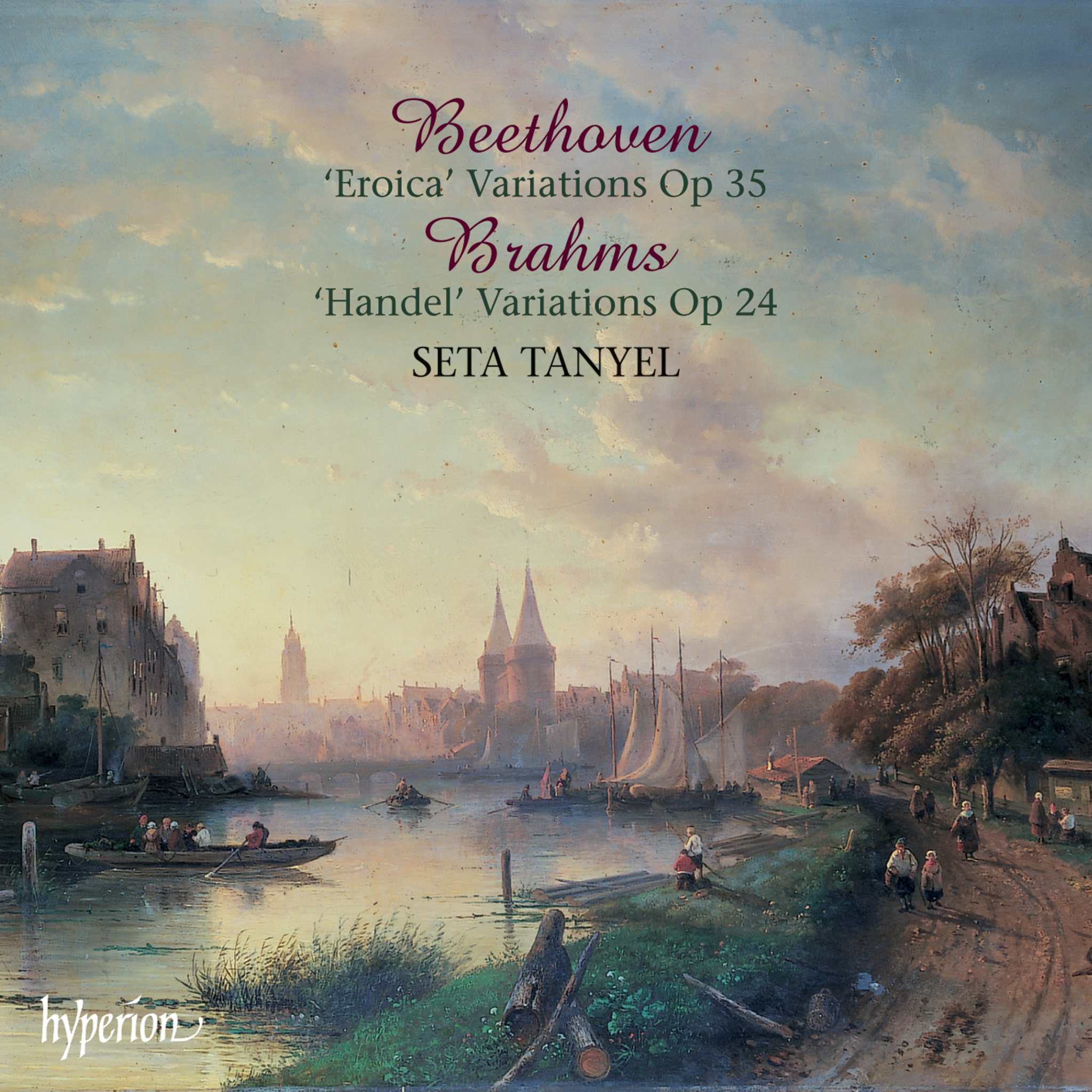Album insights
Polyphony's initial recording of Arvo Pärt's choral music on Hyperion (CDA66960) highlighted compositions written between 1988 and 1991, a prolific period marked by international performances and recordings that garnered significant recognition for the composer.
The compositions featured on that CD, including the grand-scale setting of Psalm 51, Miserere, hinted at Pärt exploring more harmonically complex and exotic territories. Through clusters, composite chords, and the use of augmented second intervals, he appeared to soften the characteristic boundaries between dissonance and consonance in his music.
Considering the relatively recent music on this album—all works were composed between 1996 and 2002—it is evident that Pärt had returned from this harmonic exploration journey. The distinctive purity of the chords remained pivotal, with pieces like Triodion and Salve Regina showcasing more diatonically conventional harmonic progressions. While these compositions might offer fewer indications of strict "tintinnabulation," the precise relationship between horizontal voice-leading and vertical interval proportions, they exhibit enough structural and harmonic restraint to embody Pärt's unique musical voice.
Polyphony's debut CD on Hyperion featured Pärt's first setting of an English text (an excerpt from the Gospel of St. Matthew on the Beatitudes). Prior to his composition of the Beatitudes in 1990, all his sacred choral works—De Profundis, Magnificat, Miserere, Passio Domini nostri Jesu Christi secundum Joannem, Stabat Mater, Summa, Te Deum—were based on Latin texts (or German, in the case of the Magnificat Antiphons and An den Wassern). As showcased in this CD, Pärt's subsequent choral compositions delved into other languages, particularly English.
Pärt's recent travels as a celebrated international composer led him frequently to the UK and the USA, where extensive stays near Colchester in Essex, England, increased his familiarity with the English language. However, his increased focus on setting English texts in his compositions was not solely due to this factor, as he emphasized the natural decision to draw inspiration from English, Spanish, or Italian texts when commissioned by choirs or institutions from those regions.
Expanding the languages used in his compositions also diversified his text selections, as evidenced in this CD's presentation of two compositions based on "traditional" Latin liturgical texts. The Nunc dimittis and Salve Regina, while welcome additions to his previous Latin works, are outnumbered by a captivating array of texts, ranging from excerpts from an ancient Russian encyclopedia of church music to a 160-year-old sermon, a ruggedly beautiful Scottish poem, extraordinary passages from the Gospel of Luke and the Gospel of John, and three odes from the Orthodox Church prayer book.
The nearly 30-year journey—from navigating the constraints of concealing religious themes in Soviet-era Estonia to embracing a diverse range of text sources—must have truly been a liberating experience for Pärt.
In a rare introduction to Dopo la vittoria, Pärt admits that selecting a specific text was not always an easy or swift decision. After seven years of searching for a suitable text for a commissioned work by Milan's Department of Culture, the composer eventually found inspiration in an old Russian church music dictionary, leading to the composition of the piece based on the baptism of Saint Augustine by Saint Ambrose. This historical account deeply fascinated Pärt, culminating in the creation of the composition that fittingly honored Milan in a remarkably short period.
...




